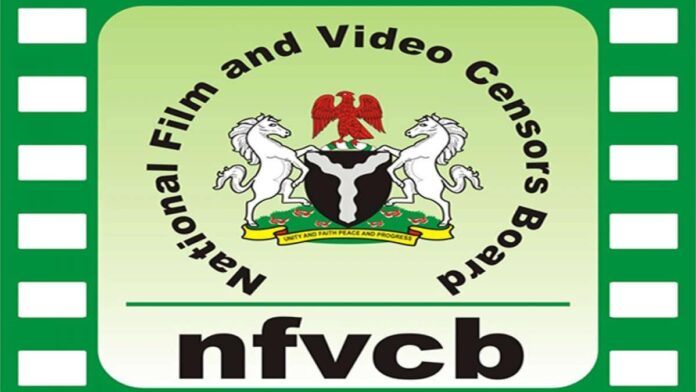Stakeholders in Nigeria’s film industry have fervently called on the Federal Government to reconsider plans to dismantle the National Film and Video Censors Board (NFVCB) as it begins implementing the Oronsaye Report. These industry leaders emphasized the necessity of retaining the NFVCB as the regulatory authority for the motion picture sector.
In interviews with thepaan News on Thursday in Abuja, filmmakers stressed that any changes to the board’s current structure, whether through merger or subsuming into another entity, would be detrimental to the industry’s contributions to the national economy.
Veteran filmmaker Paul Apel-Papel, known for his acclaimed direction of the 2021 war action drama “Eagle Wings,” highlighted the critical role of the NFVCB in maintaining order within Nollywood. “Nollywood is too large to be without a specific agency like the NFVCB to regulate its affairs,” said Apel-Papel, a graduate of the Colorado Film School. “We are not in support of subsuming or merger because we are even looking forward to a specific ministry that will focus on Nollywood properly as we grow from here.”

He further argued that the Federal Government should consider establishing a dedicated ministry for Nollywood, akin to the support given to agriculture, noting that the film industry is the second-largest employer in the country. “We are bringing revenue; we are creating jobs, and we are positively promoting the image of the country globally,” Apel-Papel added. “Nollywood is not getting any direct support; everybody is trying to develop their craft, and now the only agency we have, they want to take it back to the ministry and kill it.”
Read Also: Asake to Perform at O2 Arena Again on ‘Lungu Boy’ World Tour
Habib Mohammed, National President of the Motion Picture Practitioners Association of Nigeria (MOPPAN), echoed these concerns, emphasizing that the NFVCB’s effectiveness would be compromised if it were reduced to a mere department within a ministry. “The move to subsume the board as part of the ministry will be a real setback to the development already achieved,” Mohammed stated. “Let us not forget that the board was in the Federal Ministry of Information and Culture as a department, and the creation of the board has developed the industry to where it is today.”
Mohammed called on policymakers and the National Assembly to reconsider and maintain the board’s statutory position, urging them to protect the progress made in the industry. “Let the policymakers have a rethink, and we are also calling on the National Assembly to stand on its feet for the board to keep its statutory position,” he urged.
The impassioned pleas from these Nollywood stakeholders shows the importance of the NFVCB in fostering a thriving and orderly film industry, crucial for the nation’s economic and cultural development.




